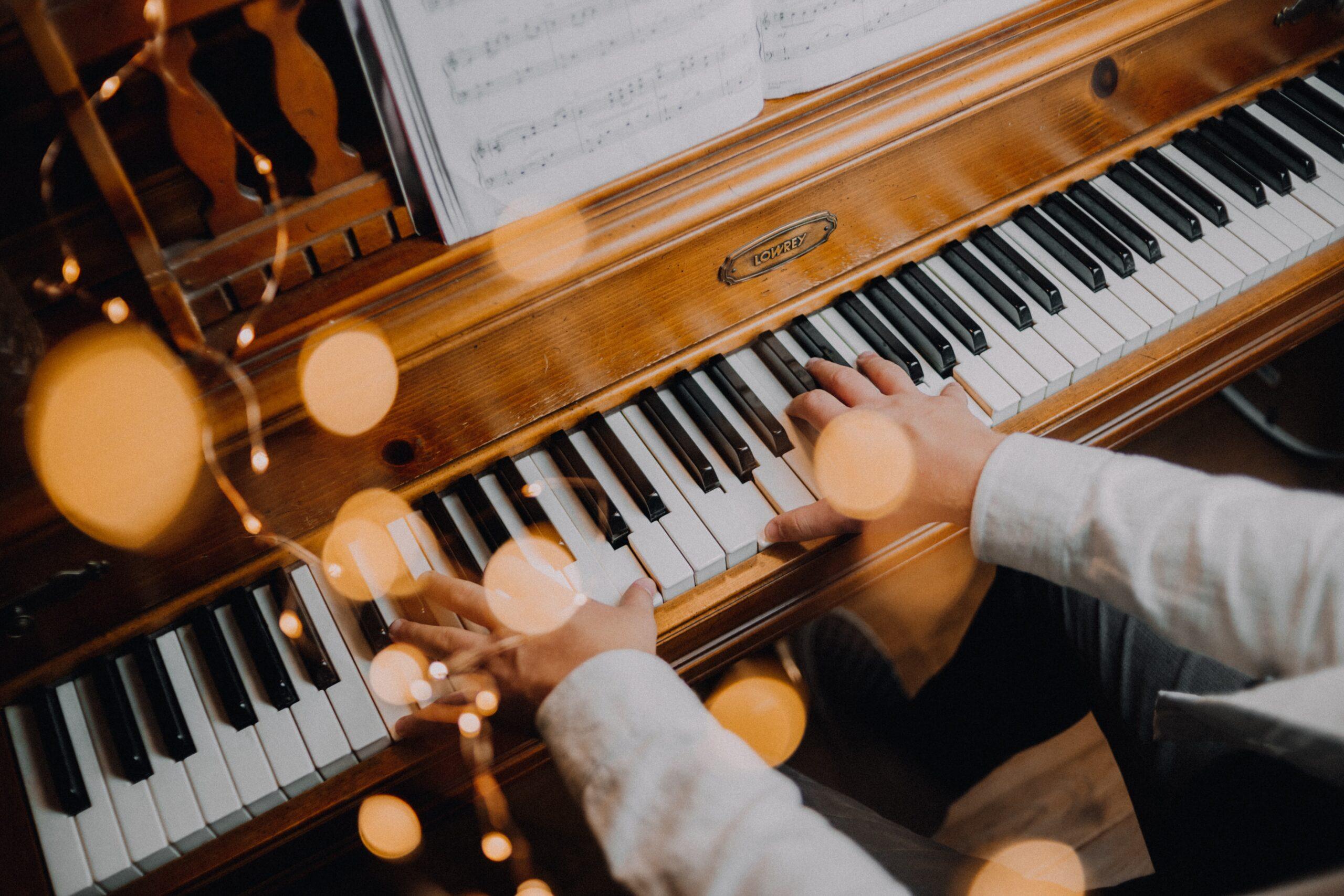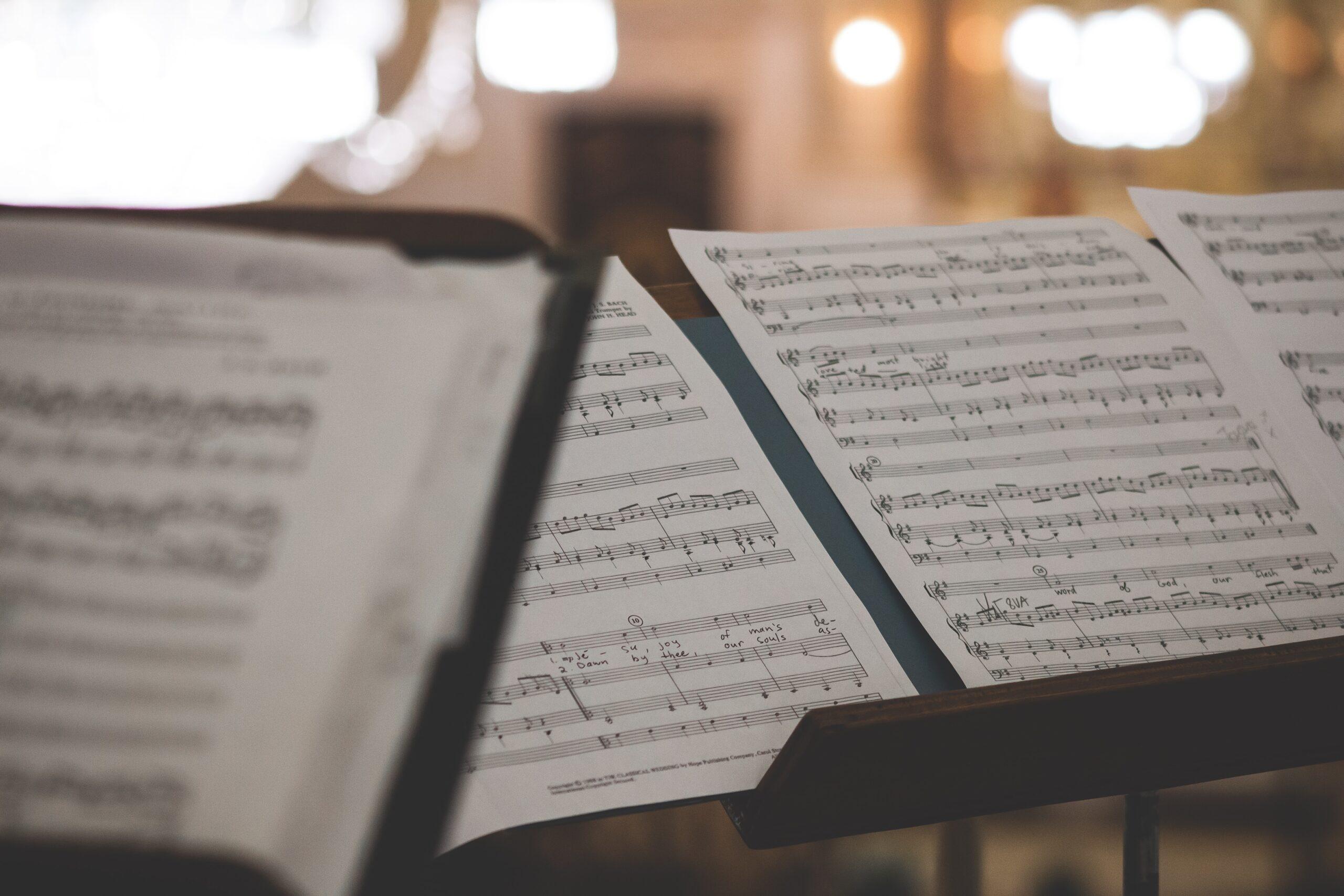Music can be extremely beneficial for your child beyond the obvious reasons. For instance, the ability to perform at a music recital may later aid in public speaking and prompt self-assuredness in social situations. The concentration learned while mastering a musical exercise may increase a child’s ability to pay attention, focus and accomplish difficult mental tasks like solving complex computer code. However, the lifelong benefits that come with pursuing music start with choosing the right music teacher.
Choosing the Right Teacher
Interview potential music teachers with your child present. During the discussion, observe how much a music teacher acknowledges your child’s presence. If the teacher directs all conversation toward you, this may indicate discomfort toward young people. On the contrary, attempts at eye contact and conversation with your child are healthy signs that the teacher is willing to connect.
As with a dynamic soccer coach, a music coach should be willing to employ the “shock and awe” of a masterful performance. Is the music teacher making a with words alone or with musical excerpts? Anything less may indicate insecurity or elitism.
A good music teacher knows an interested student wants to start playing an instrument right away. However, if the teacher demonstrates clear boundaries with a personal instrument but offers no alternatives like a cheaper instrument for the child, then this may be a sign that there are other boundary issues, as well.
A good artistic mentor also creates a level of comfort in both music and conversation. Performance issues with instruments are sometimes handled by a simple turn of the wrist or blowing harder. Other times, a problem may be emotional, such as a lack of desire or focus. In these moments, a communicative teacher might share a personal experience to relate to the child and illustrate that people struggle in much the same way. Thus the instructor is open to sharing a life lesson along with technique.
Also keep in mind that a beginning instrument teacher should feel at home with contemporary music as well as classical. Purists are good teachers only if you as a parent have specific goals, perhaps wanting your child to study with a symphony concertmaster to prepare for an audition in the youth orchestra.
And a teacher with nary a kind word for others is most likely too insecure to have a generous and giving manner. On the other hand, a teacher who is humble enough to recognize greatness in children and among peers embraces each step forward or backward as movement toward a goal rather than the success or failure of a particular teaching method.
Music is more than filling the air with sound. For a musician, however young, it is a connection to emotion and thought that cannot be described by words alone. With others, music can represent kinship, communication, the sharing of emotions, a portrayal of culture and so much more. Still, the richest rewards of music are not abstract but often enjoyed within a family and the greater community. Giving your child the gift of music lessons is a way to acknowledge your youngster’s maturity and individuality. It is dually a way of teaching the importance of method and mentorship.
Music lessons can serve as a defining aspect of a rapidly passing childhood. With a positive musical experience, days from one’s past can be fondly recalled by listening to music and even merely touching an instrument that was once played. Like a stone dropped within a pond, a music teacher can spur yet another rippling resonance of the loving manner in which you encouraged your child to spread one’s talents and affect the world at large.
Choosing the Right Musical Instrument
- Size: No matter how enamored your 4 year old is with the tuba, realize that your tyke likely cannot manage such a large instrument, especially when playing an instrument also means toting it to practice, school and performances. Rather than discourage your child from playing the instrument completely, offer praise as your child learns something different such as the trumpet, which employs the same finger technique as the tuba, until growth takes its course.
- Practice Space: If you live in an apartment, a full set of drums may be appealing to you or your child but misery for your neighbors. Perhaps make an arrangement with a relative in larger surroundings to hold your child’s drums. For practice, a set of silent pads does the trick.
- Care: With many finely crafted moving parts, a clarinet or flute requires meticulous care. Such instruments must be swabbed of moisture as well as carefully and methodically stored within the carrying case to prevent key damage. If your child is one to leave things around carelessly, a slightly less delicate instrument like an oboe creates a learning opportunity to take care of one’s possessions while gaining through music.
- Price and Value: Should your child wish to pursue music further, you can assume that a beginning instrument will give way to a more expressive instrument. Likewise, consider resale value as well as price. In some music stores, you are offered a smooth upgrade path that allows you to apply up to the full purchase or rental price of the beginner instrument toward a buy more worthy of your budding musical virtuoso.
- Parental Commitment: What a young musician must do for the care and maintenance of a musical instrument occasionally falls to the parent. Realize that it may be you who is oiling trumpet valves, chasing down specific saxophone reeds or carrying a drum set to a series of rehearsals. If you treat these ancillary tasks with importance, your child feels more supported in his or her efforts than an endless stream of precursory praise. An added benefit, your child is apt to take on greater responsibility for the instrument— and other possessions— if you model good care and slowly urge your child to take ownership for the maintenance of the instrument.




